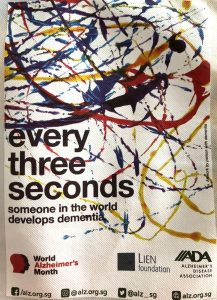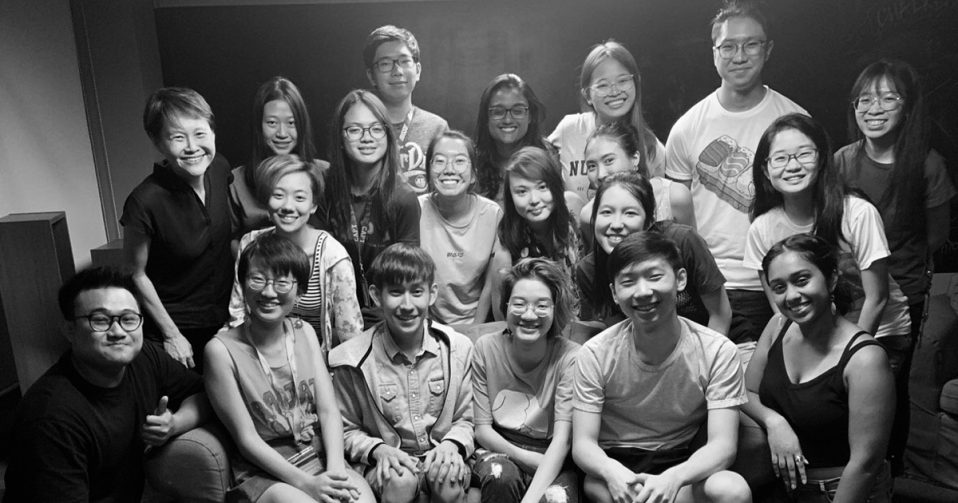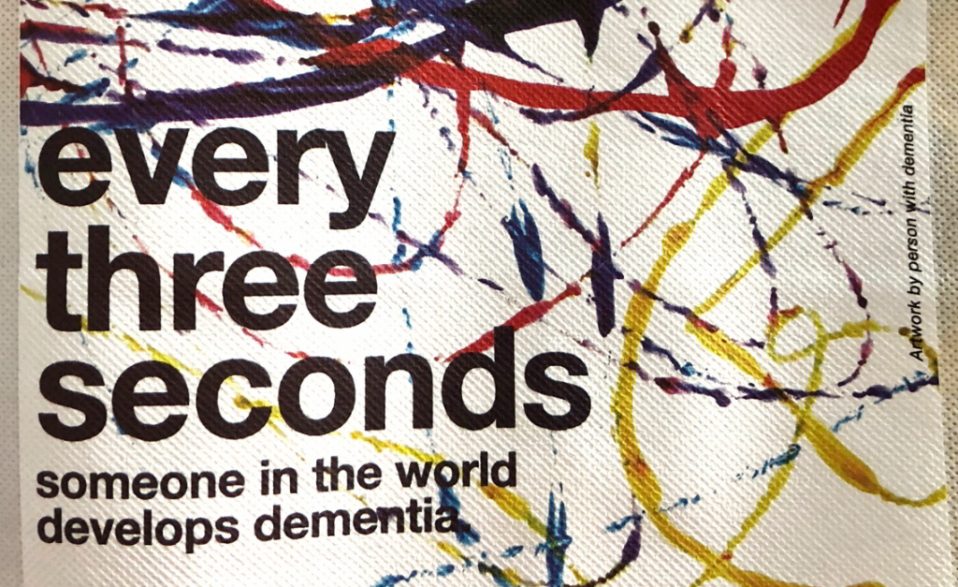Brave Spaces was at World Alzheimer’s Month Conference on 21 September 2018 at the Devan Nair Institute for Employment and Employability. We would like to share our findings.
The Disease
Vascular dementia is the second most common cause of dementia after Alzheimer’s disease. Alzheimer’s is caused by beta-amyloid protein plaque formation in the brain. Vascular dementia is caused by reduced blood supply to the brain caused strokes. Some people have both Alzheimer’s disease and vascular dementia. Symptoms include memory loss, confusion, disorientation, apathy, mood swings, anxiety and being unusually emotional.
The Stats
 More women than men suffer from dementia.
More women than men suffer from dementia.
- 2016, 1 in every 10 persons aged 60 years and above have dementia.
- 55% of elderly who are admitted to the hospital has dementia.
- 60% of caregivers are women. More often single, 45-74 years old.
- Caregivers are 2.5 times likely to age in poverty as they have lower career prospects when caregiving.
- Caregivers are also more susceptible to dementia due to caregiver stress and isolation.
In 2016, the National Neuroscience Institute (NNI) Neuroscience Clinic (Tan Tock Seng Hospital Campus) recorded approximately a five-fold increase from 2011 for young-onset dementia, aged younger than 65 years. Risk factors for young-onset dementia is mostly vascular dementia such as diabetes, high blood pressure and high cholesterol. Other identified issues for young-onset dementia are the increasing use of petrochemicals in air transport and motor vehicles, insecticides, and the rise of background electromagnetic fields as potential risk factors.
The Person
Dementia is a journey. Life does not come to a standstill immediately after diagnosis.
A person with dementia still has aspirations. Some have gone on to achieve second and third academic degrees.
It is beneficial for a person with dementia (PWD) to have a mentor.
What the world is like for the PWD – Sensory challenges, behavioural and emotional changes, no one seems to understand, unmet needs, social stigma, loss of driver’s license, prescribed disengagement, loss of motivation, being ignored at social functions, “people talking over my head about me as if I am not there”.
When hospitalised, PWD decline after 2 weeks stay.
Story-telling reduces delirium in patients in hospital.
Spirituality has a positive impact on the emotional state of the PWD. PWDs often find comfort or connection to a higher power in the midst of the cognitive and physical changes brought on by their disease. Those living with dementia often cling to their religious practices or spiritual beliefs as a way to find peace, even when their world is changing from the inside out. Believing that there is something greater than them and their disease help them find perspective and stay positive throughout their struggles with dementia.
Resources for Caregivers
The Alzheimer’s Association of Singapore has a comprehensive list of resources which provide respite and support caregivers.





Post a comment